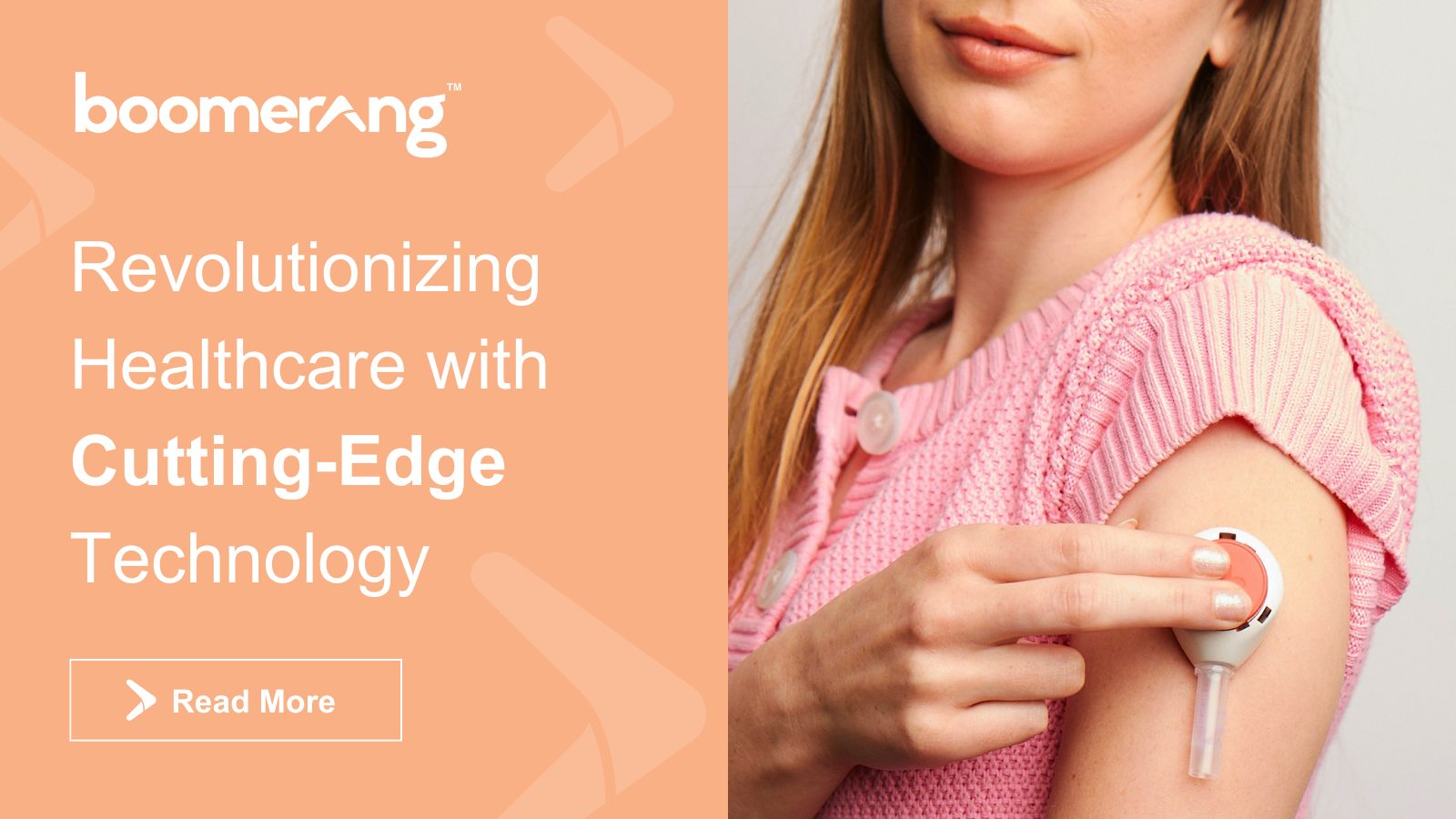Your sample is collected through a virtually painless, state-of-the-art blood collection device that attaches to your arm.
- Hold the device flat against your arm
- Press the red button
- Allow blood to fill the collection device for 2 minutes
- Remove device from arm and place in specimen bag
When asked to describe the pain level on a scale of 1-10, the average user answer was 1.
Vitamin D Deficiency Symptoms
If you're experiencing any of the following symptoms, you may want to consider testing your Vitamin D levels.
- Fatigue
- Not sleeping well
- Bone pain or achiness
- Depression or feelings of sadness
- Hair loss
- Muscle weakness
- Loss of appetite
- Getting sick more easily
- Pale skin
Why is Vitamin D important?
We all know that vitamin D is a nutrient we get from our food and that our body makes it when exposed to the UV rays from the sun. But did you know that vitamin D is thought to be more of a hormone than a vitamin?1 Vitamin D acts more like a hormone by contributing to many processes in the body, such as:
- Helps the body absorb and retain calcium and phosphorous, which are vital for strong bones
- Reduces cancer cell growth
- Strengthens the immune system
- Reduces inflammation
- Aids in muscle function and brain cell activity
- Regulates many other cellular processes within the body
Interestingly enough, Vitamin D does not occur naturally in many foods. Unlike other vitamins, only about 10% of the vitamin D our body needs comes from food sources. Most of our vitamin D is produced within the kidneys or the skin when UV light from the sun is absorbed.
When vitamin D enters the body via food or sunlight, it enters as an inactive form, meaning our body cannot absorb this form of vitamin D. Vitamin D is converted to its active form by the liver and kidneys. Once activated, the vitamin D then goes on to aid in the regulation of multiple physiological processes.
What is vitamin D deficiency and how common is it?
Vitamin D deficiency can have devastating results. In the past, before we were able to fortify our food with vitamin D, and before supplements were so widely available, rickets (the softening of bones in children) was a global health crisis.
However, vitamin D deficiency still remains one of the most common nutritional deficiencies in the world.It is estimated that one billion people worldwide have low blood levels of vitamin D.2 Risk factors for vitamin D deficiency include:
- Syndromes such as Crohn’s or celiac disease
- Living in the northern hemisphere with lower levels of sunlight
- Chronic kidney disease
- Obesity
Since vitamin D plays such a crucial role in so many bodily process, a deficiency in vitamin has many symptoms, ranging from mild to severe such as:
- Frequent illness and infection
- Fatigue
- Anxiety and depression
- Osteoporosis
- Back and muscle pain
- Hair loss
- Slow wound healing
Treatment options for vitamin D deficiency
Vitamin D deficiency is diagnosed through a blood test. The goal for treating vitamin D deficiency is to reach and maintain and sufficient level of vitamin D in the body. Adjusting your diet with foods rich in vitamin D or taking supplements are both recommended for raising vitamin D levels. Getting outside and into the sun is also a great way to get more vitamin D.
Can I take too much vitamin D?
Although rare, it is possible to get too much vitamin D. This usually occurs from over-supplementation as opposed to too much sunlight or foods high in vitamin D. Since vitamin D supports the absorption of calcium in the body, hypercalcemia, or too much calcium in the blood may occur.
Symptoms of too much vitamin D include vomiting, weakness, or kidney problems. Taking 60,000 IU (international units) of vitamin D daily for several months has been shown to cause toxicity.3
Vitamin D blood tests are not routinely ordered by doctors unless there is some cause, such as obvious symptoms or risk factors. However, with the advancements in digital health, it is possible to check your own vitamin D levels and do it from your own home.
Boomerang offers a vitamin D test that will have your digital results back to you within five business days. Knowing your vitamin D level can help you make better health decisions like getting more sun or taking a supplement and ultimately living a better lifestyle.
FAQ | Vitamin D Test
Q: Does the test hurt?
A: Even users who said they were scared of needles and having their blood drawn described our blood collection device as painless. We're thrilled the blood collection method used in our kits is encouraging users to monitor their health more often!
Q: What if I need help with the test and online registration process?
A: A member of our team would be happy to guide you through the process! Give us a call during regular business hours Monday-Friday 9am-5pm PST at 888-909-4877.
Q: How do I view my results?
A: When you receive your test kit, you'll find instructions for registering your kit through our secure lab portal. During this process, you'll create a patient profile account where you'll be able to view your results digitally.











